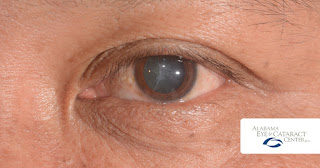A recent study
reported at a Meeting of the American
Academy of Ophthalmology concluded that while eye health information they
found online can be helpful in informing patients with eye problems about
conditions, often these online symptom checkers do not arrive at the correct diagnosis
and actually provide the wrong recommendation on what to do, recommending
self-care at home instead of calling an eye doctor or going to the emergency
room. The study examining the diagnoses generated by
WebMD Symptom Checker showed the online
tool was correct only 26 percent of the time in making the right diagnosis
and recommendation. With the wide availability of telehealth eye visits even if
you are unable to get to an eye doctor’s office you would still have the
benefit of “real doctor” evaluation and discussion in evaluation and
recommendations.
If you or someone you know needs information or urgent care please know we always have an eye doctor on call and are happy to assist or schedule a telehealth appointment. Call us at Alabama Eye & Cataract Center in Birmingham at 205-930-0930, visit Alabama Eye & Cataract Center or Facebook.
Alabama Eye & Cataract Center is a leading eye care center in Birmingham located at UAB-Highlands, 1201 11th Avenue S, Suite 501, Birmingham, Alabama 35205 and staffed by UAB Medicine eye doctors and eye specialists.
























